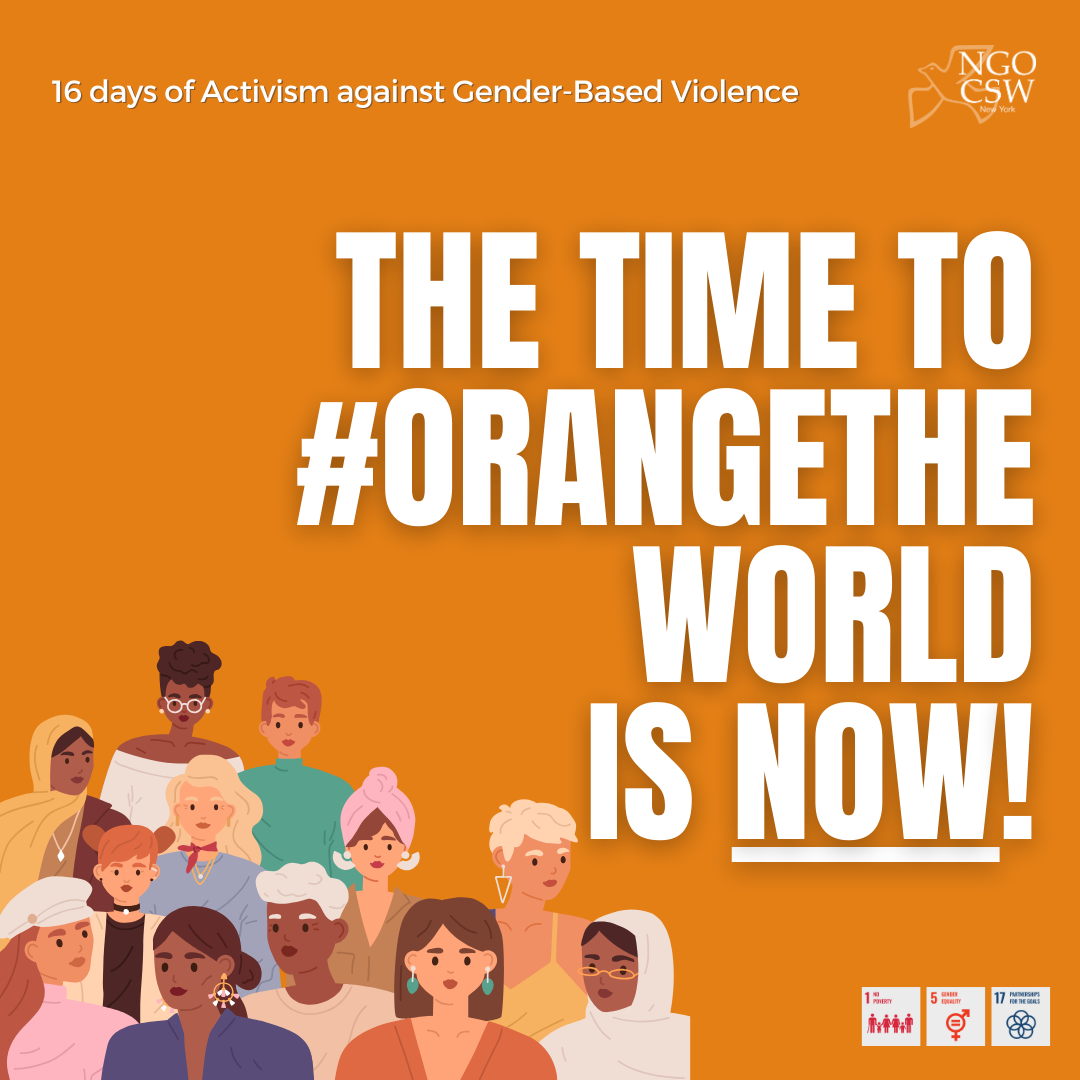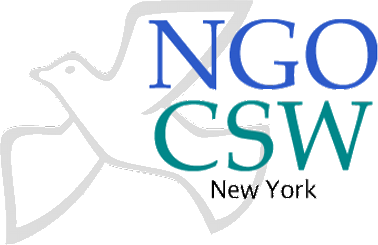
Often overlooked are the impacts of GBV on women in all their diversity. This includes queer and transgender women, who experience significantly higher rates of violence and poverty. Queer and trans women are much more likely to experience violence from both strangers and intimate partners, as well as face discrimination in accessing housing, healthcare, employment, and education.
These factors combined lead to increased rates of homelessness and poverty for queer and trans women. In the US, sexual minority adults are twice as likely to experience homelessness, and rates are even higher for trans people.
Similar findings were reported by the World Bank, which found that LGBTIQA+ individuals are likely overrepresented in the bottom 40% of the global population. Additionally, some countries still have discriminatory laws against gender and sexual minorities, further marginalizing them and increasing their likelihood of experiencing violence and poverty.


